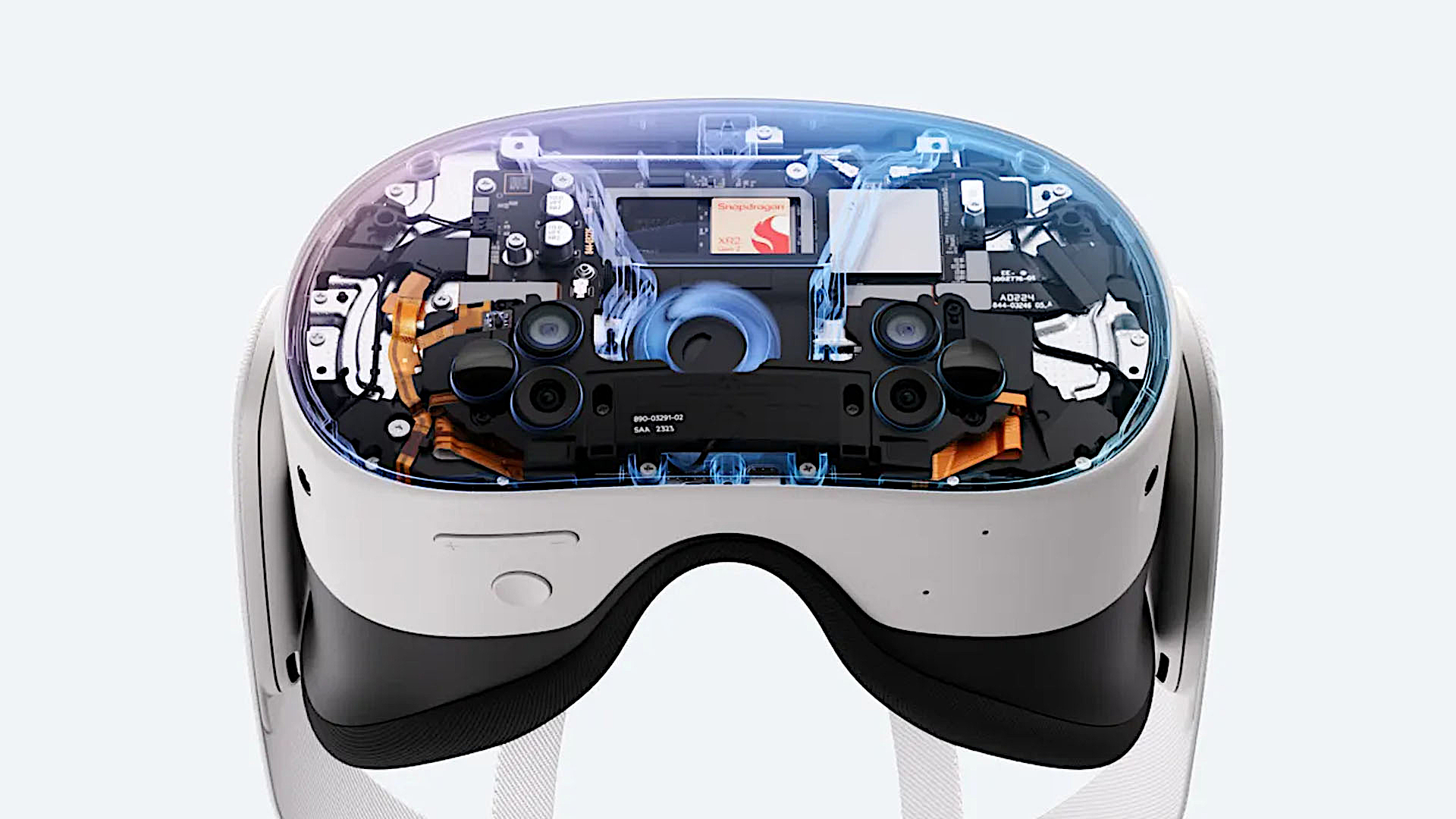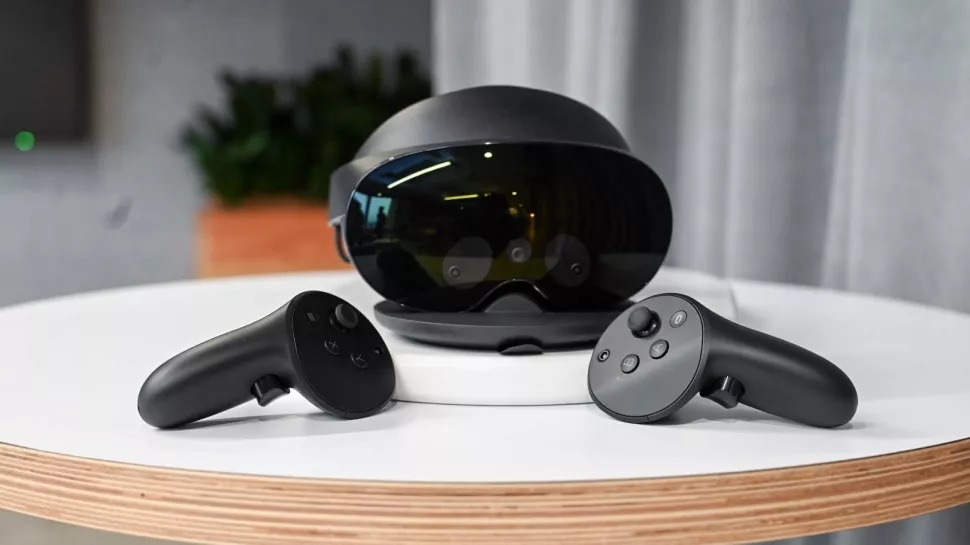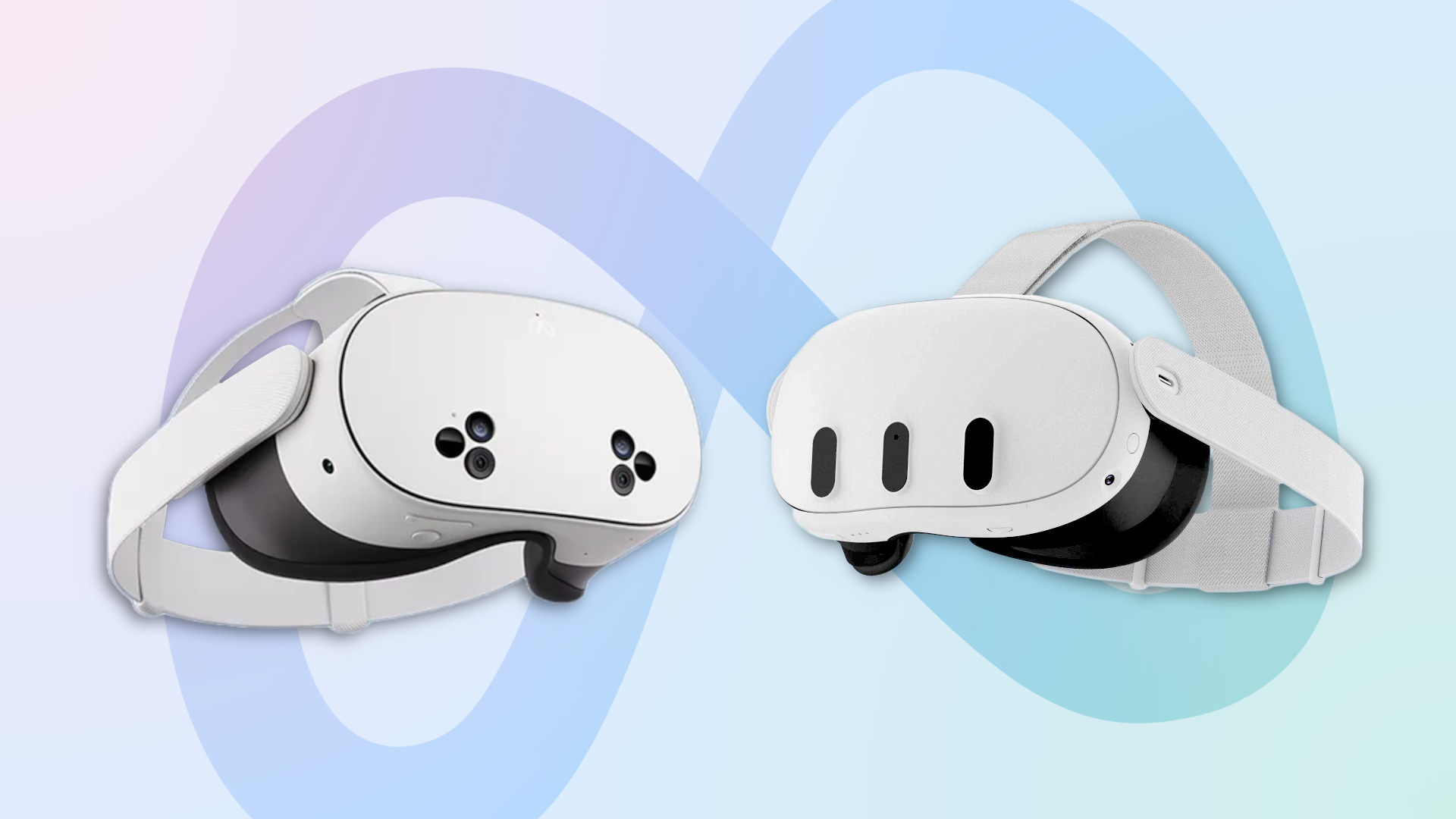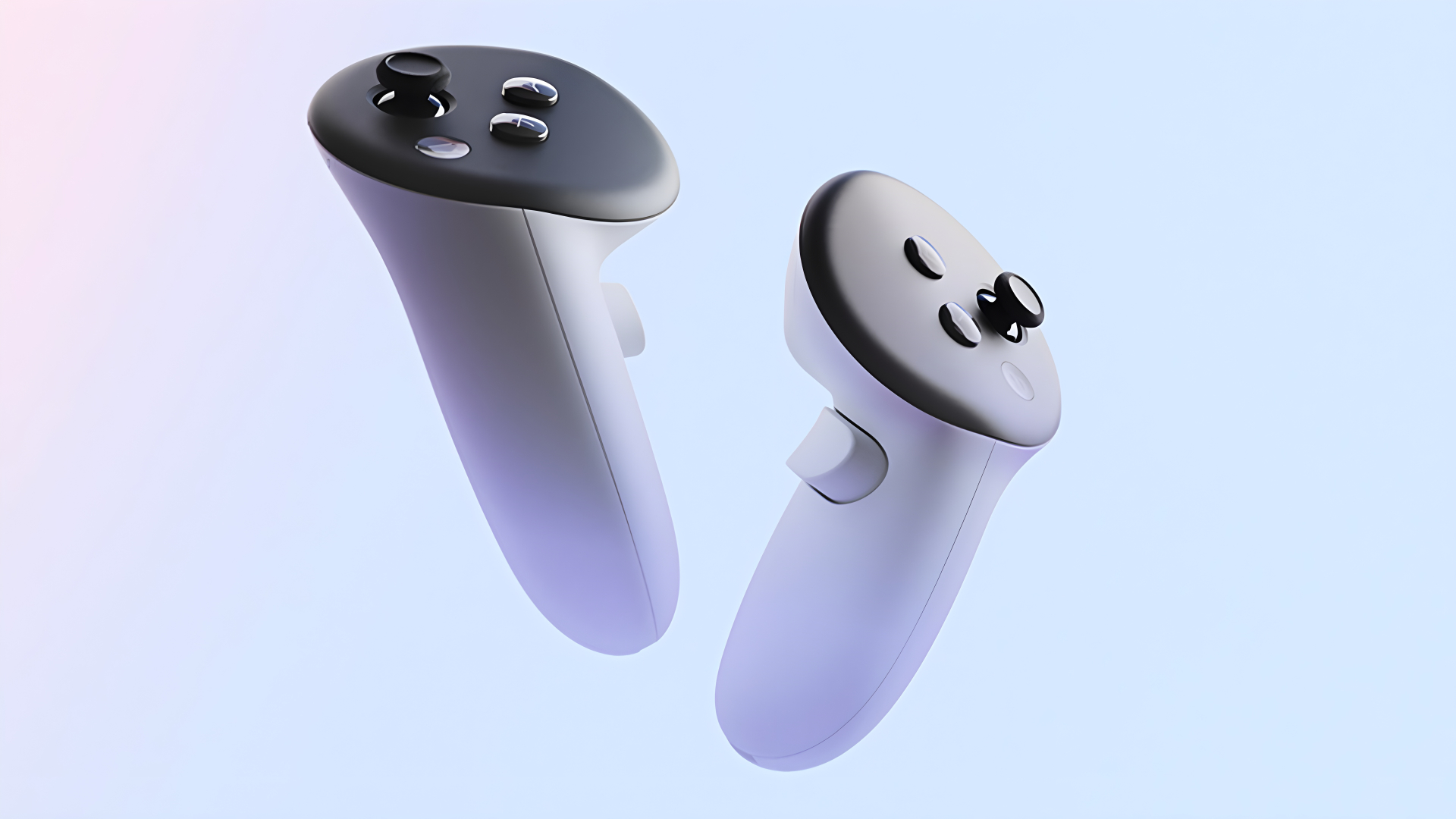Meta Quest 4: Everything we've heard about Meta’s upcoming VR/AR headset
Meta's fourth-generation headset might not be released for some time, but there's still plenty we've learnt about it already

Sign up to receive The Snapshot, a free special dispatch from Laptop Mag, in your inbox.
You are now subscribed
Your newsletter sign-up was successful
Despite strong alternatives in the form of VR and mixed reality headsets from Apple, HTC, Pico, Pimax, and more, Meta’s Quest headsets remain the most popular and widely adopted on the market.
Since the release of the Quest 3S, the power of Meta’s third-generation headsets has become more accessible than ever, securing an ultra-competitive $299 price tag while building an audience around a considerable library of productivity and entertainment-focused apps and games.
While the Meta Quest 2 (now discontinued) still stands as Meta’s best-selling VR headset to date, the reaction to the Meta Quest 3 — along with Meta’s unflappable drive to make mixed reality mainstream — all but guarantees that a Meta Quest 4 will follow.
So, what can we expect? What do we already know? And just how far off is Meta’s next-gen headset from making an appearance? Let’s take a closer look.
Meta Quest 4: FAQs
- Has Meta announced the Meta Quest 4?
While Meta hasn’t officially announced the Meta Quest 4 yet, several people claiming to work closely on the project at one point or another have shared details of its ongoing development. - Should I buy a Meta Quest 3 or wait for the Meta Quest 4?
At the time of writing, the Meta Quest 4 isn’t expected to release until 2027. As such, don’t hold back. If you’re interested in trying our VR or mixed reality, the Quest 3 is a fantastic option that’s easy to get the hang of.
If you don’t want to spend too much, only to replace your headset in a few years, the Meta Quest 3S offers the same performance as the premium model (though lesser quality optics), starting at only $299.
Meta Quest 4: Release date rumours
It’s a pretty safe bet to assume that the Meta Quest 4 is coming. Rumors about the headset have been circulating online for some time, with initial reports suggesting that it would arrive next year, in 2026.
However, it has been claimed that Meta is willing to push back the launch of the Quest 4, with fresh reports hinting at a 2027 release. A high-end, controllerless headset without the Quest branding is currently said to release in 2026 instead.
This headset, codenamed Puffin, looks set to replace a previously canceled follow-up to the Meta Quest Pro, codenamed La Jolla, and is rumored to be a more lightweight pair of mixed-reality glasses running Horizon OS that offloads much of the processing to a separate, tethered compute puck.
Sign up to receive The Snapshot, a free special dispatch from Laptop Mag, in your inbox.
Meta Quest 4: Design rumors
Word on the Quest 4’s specifications and design is still speculative, and early leaks have suggested that Meta has multiple prototypes in mind for its fourth-generation headset. That said, there are two prototypes we can likely rule out.
According to The Information, in 2024, Meta was planning budget and premium models of the Quest 4 under a new design, codenamed Prismo Low and Prismo High. However, sources revealed to UploadVR in June 2025 that these headsets (originally planned to release in 2026) have since been canceled, with Meta seemingly seeking to stick to a more traditional form factor.

With this in mind, I’d expect the return of pancake lenses alongside improved display tech that may even stretch to Micro-OLED panels, a reduced weight profile, and potentially a slight improvement in battery life.
Beyond design, Meta CEO Mark Zuckerberg has long held goals for Quest headsets to be powered by custom silicon eventually. However, the Quest 3 and Quest 3S stuck with Qualcomm’s Snapdragon XR2 chipset, and the company maintained that partnership by using Qualcomm chips once more for the compute puck of its Orion AR glasses prototype.
Given that Meta also chose to dismantle its Facebook Agile Silicon Team (FAST) in October 2023, it’s safe to assume that Meta’s next-gen headsets will once again likely lean on Qualcomm processors. The most obvious candidates are its upcoming Snapdragon XR2 Gen 3 or Snapdragon XR2+ Gen 3 chipsets, codenamed Project Matrix — the same chips rumored to feature in Samsung’s Project Moohan XR headset.

These chips are expected to offer increased processing power — leading to better and smoother graphics, higher per-eye resolution, expanded concurrent camera counts — opening the doors to advanced tracking or scanning, and Wi-Fi 7 support.
Given Meta’s long-in-development Codec Avatars project, adding more sensors for tracking the wearer’s eyes and face seems like a no-brainer. However, high-resolution passthrough cameras for richer immersion in mixed reality mode and potentially an improved sensor for hand tracking would also be welcome upgrades.
Meta Quest 4: Price speculation
The price of VR headsets, and just about every other piece of tech right now, could be heavily impacted by U.S. tariffs over the coming years. As such, it’s going to be hard to estimate how much the Meta Quest 4 could cost when it eventually lands on store shelves.
Still, Meta is sure to want to maintain its competitive pricing, so a drastic leap in cost isn’t something we’d expect to see. It’s unclear whether Meta dropping development of the early Prismo Low and Prismo High models means we’ll miss out on a potential Meta Quest 4S this time around, which may make the headset slightly less accessible than the current catalog.
However, Meta may be able to shave some of the potential inflated costs off the headset for current Quest owners if it decides to maintain compatibility with its Touch Plus controllers and offers a headset-only option for purchase — something many speculated Meta might do to accommodate the low-cost Quest 3S’ launch in 2024.

Given the high price of Meta’s Touch Plus controllers (which Meta sells individually, not as a required pair, for $74.99), this could considerably reduce the Quest 4’s price tag, and make it a more compelling upgrade for those currently enjoying its third-generation headsets.
While we can’t say for sure what the Quest 4’s price will be at this moment, it’s probably fair to suggest that it’ll stick as close as possible to the price set by the Quest 3, with some wiggle room for pricier components or to combat any additional tariff-related costs.
Taking that into account, but keeping in mind that this is purely speculative, an early estimate of the Quest 4’s starting price could be between $499 and $599.
What's next?
With the expected release of the Meta Quest 4 still a few years out, all we can do for now is keep our ears to the ground and make sure our eyes are peeled for any new tidbits of information made available through leaks or reliable sources.
We'll be sure to upgrade this page as and when any additional information becomes available, but we can't say for sure when that might be.
In the meantime, Meta Connect 2025 is set to take place later this year, from September 17. While we don't expect to see the Quest 4 make an appearance, there's a good chance we might see another headset revealed: a limited edition Xbox-branded Meta Quest 3.
While it's not expected to vary in terms of hardware or features, it should at least tide us over while we wait to hear more about Meta's next-gen VR/AR offerings.
More from Laptop Mag

Rael Hornby, potentially influenced by far too many LucasArts titles at an early age, once thought he’d grow up to be a mighty pirate. However, after several interventions with close friends and family members, you’re now much more likely to see his name attached to the bylines of tech articles. While not maintaining a double life as an aspiring writer by day and indie game dev by night, you’ll find him sat in a corner somewhere muttering to himself about microtransactions or hunting down promising indie games on Twitter.
